Getting acne without drinking water may be related to factors such as skin dehydration, accumulation of metabolic waste, abnormal sebum secretion, intestinal dysfunction, and weakened immunity. Insufficient skin moisture can lead to metabolic disorders in the stratum corneum, imbalanced secretion of sebaceous glands, and easily cause pore blockage and inflammatory reactions.
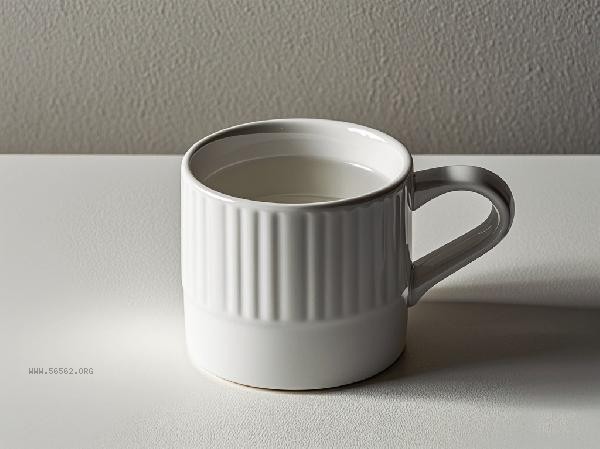
1. Skin dehydration
When the skin is in a state of dehydration for a long time, the barrier function of the stratum corneum is damaged, and the sebaceous glands will compensate by secreting more oil to maintain the surface moisture of the skin. Excessive oil mixed with shed keratinocytes can easily clog pores, creating conditions for the proliferation of Propionibacterium acnes, ultimately leading to the formation of acne or inflammatory acne. It is recommended to drink enough water daily and use moisturizing products containing hyaluronic acid and ceramide in combination.
2. Accumulation of metabolic waste
Insufficient water intake can affect renal filtration function, leading to ineffective excretion of metabolic waste such as urea and creatinine. These substances may be excreted through sweat glands to the surface of the skin, stimulating the surrounding tissues of hair follicles and triggering inflammatory reactions. At the same time, an increase in blood viscosity will slow down skin microcirculation, leading to a decrease in local anti-inflammatory repair ability.
3. Abnormal sebum secretion
Dehydration can activate the hypothalamic pituitary adrenal axis, promoting the secretion of more androgens from the adrenal gland. This hormone can stimulate the proliferation and enlargement of sebaceous glands, leading to an increase in sebum secretion and changes in its composition. An increase in free fatty acid content can directly damage hair follicle epithelial cells and induce abnormal proliferation of keratinocytes.
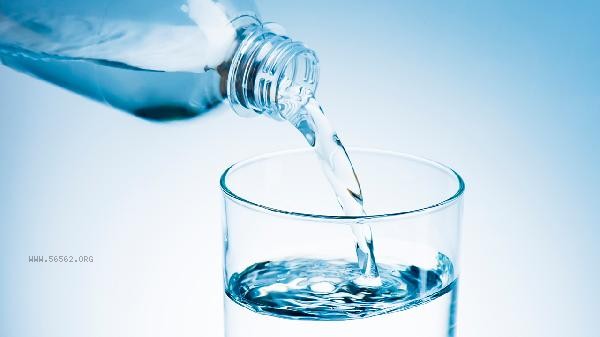
4. Intestinal dysfunction
Insufficient water intake may cause slowed intestinal peristalsis and prolonged retention of feces in the colon. The endotoxins produced by the imbalance of gut microbiota enter the systemic circulation through the portal vein and activate the immune system to release pro-inflammatory cytokines. These inflammatory mediators may migrate to the skin through the bloodstream, exacerbating the inflammatory response around hair follicles.
5. Decreased immunity
Cell dehydration can affect lymphocyte activity and reduce the local immune defense ability of the skin. When Propionibacterium acnes invades hair follicles, the weakened phagocytic function of neutrophils may lead to delayed inflammatory response. Continuous stimulation of bacterial metabolites can expand the scope of inflammation, forming red papules or pustular acne.
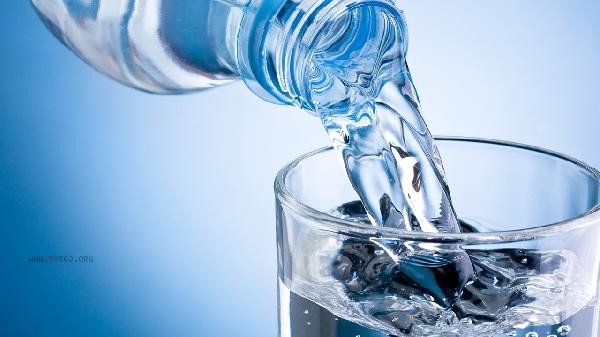
In addition to ensuring a daily water intake of 2000 milliliters, it can increase the intake of high water vegetables such as winter melon and cucumber to avoid stimulating sebum secretion with a high sugar and high-fat diet. Choose mild amino acid cleansing products and use oil control skincare products containing zinc or niacinamide promptly after cleansing. If repeated acne attacks are accompanied by obvious redness, swelling and pain, and there may be abnormal hormone levels or bacterial infection, it is necessary to go to a doctor for fungal microscopic examination or six tests of sex hormones. If necessary, use retinoic acid cream, peroxybenzoyl gel or doxycycline hydrochloride and other drugs under the guidance of a doctor.

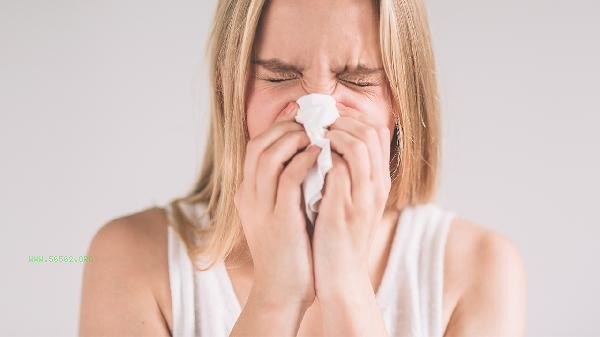
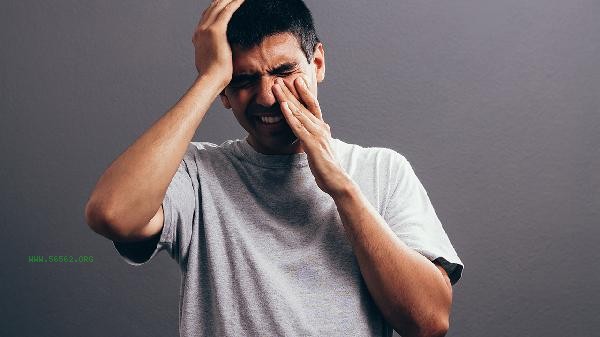
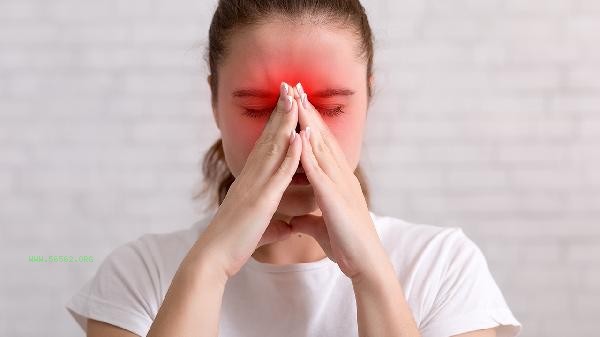
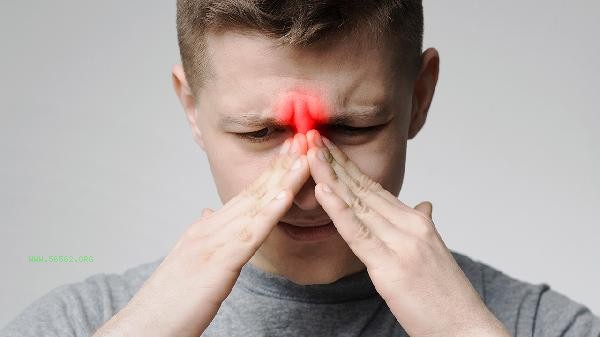
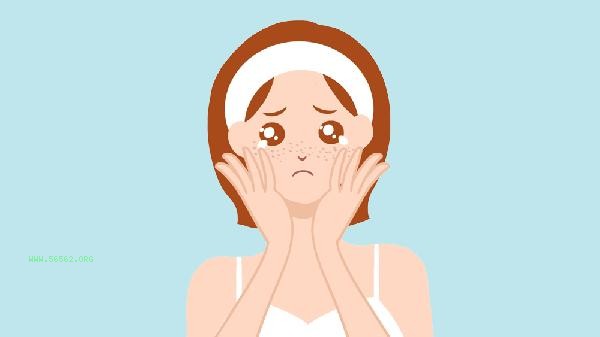


Comments (0)
Leave a Comment
No comments yet
Be the first to share your thoughts!